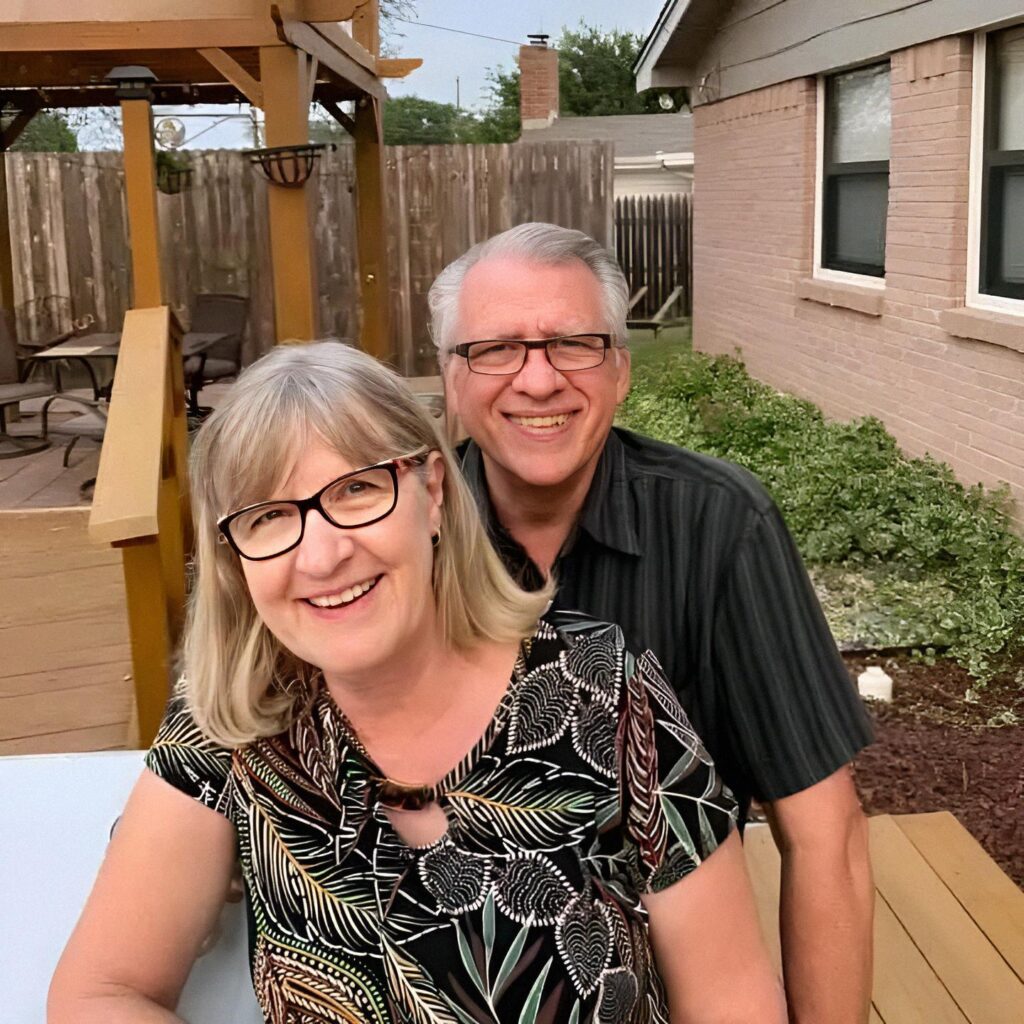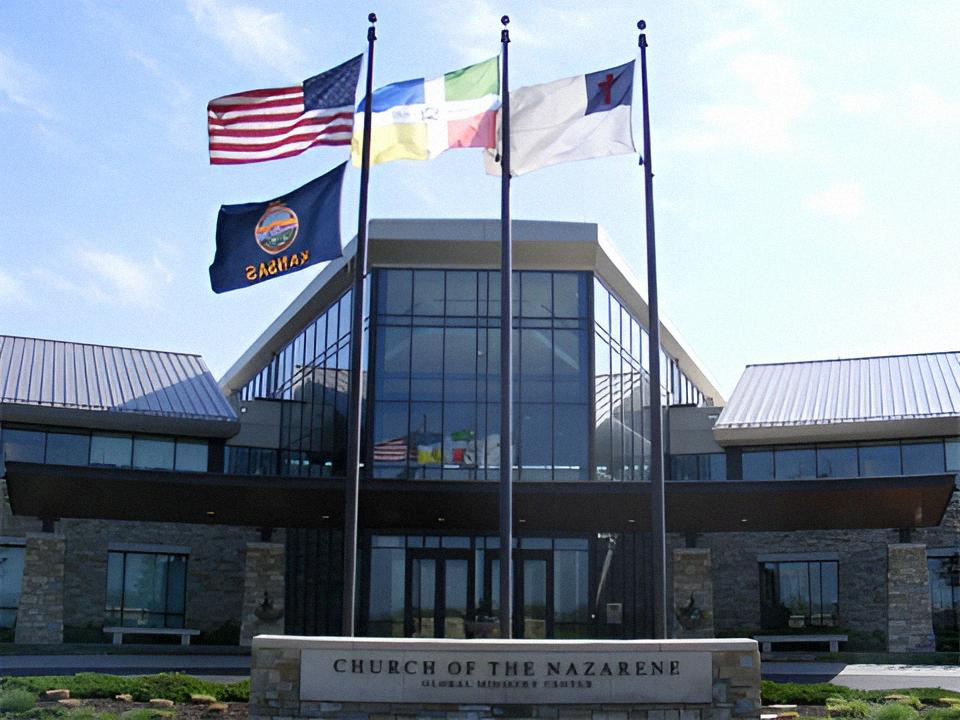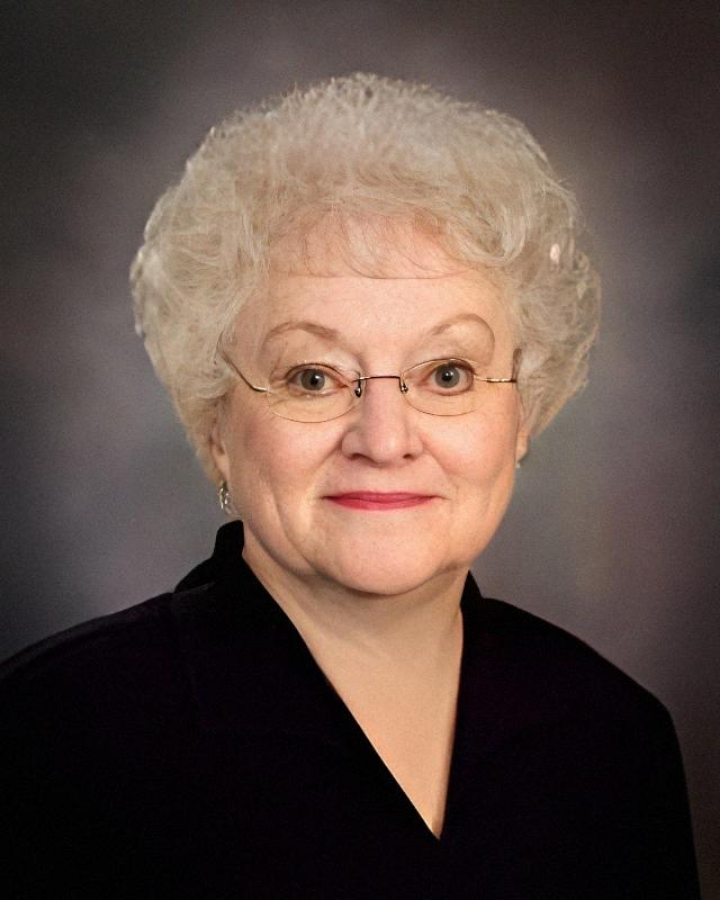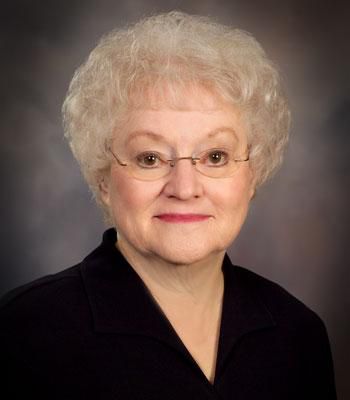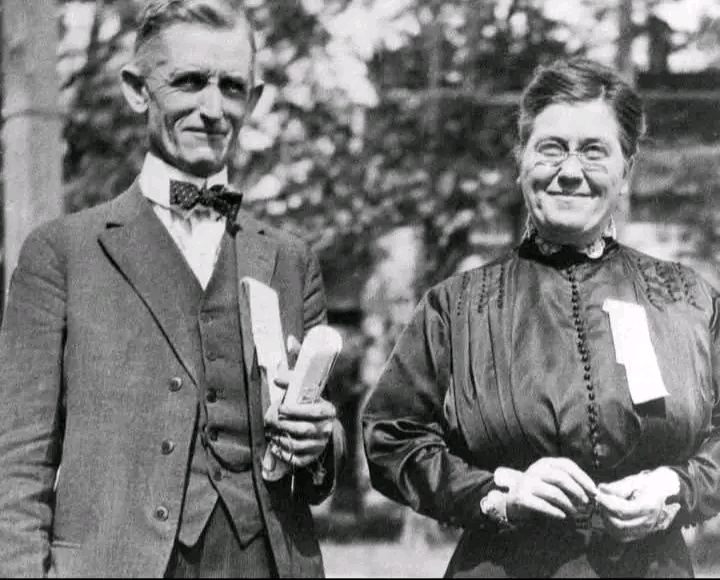She Built Fellowship Where None Existed. The Legacy of Evie Gardner and Her Quiet Revolution in Women’s Ministry
I commend to you our sister Phoebe, a servant of the church… Receive her in the Lord in a way worthy of his people and give her any help she may need from you, for she has been the benefactor of many people, including me. — Romans 16:1–2 When you walk into a room full of women in ministry praying, sharing, preaching and laughing you’re walking into a movement someone once dared to start. For many across Africa Many names echoes in the soil of Africa and One name is Evie Gardner. More Than a Missionary Wife — A Ministry Architect Evie didn’t arrive in Africa to simply accompany her husband Rev. Don Gardner. They landed on African soil on November 9, 1990, and from that moment Evie came not just as a spouse but as a minister in her own right a teacher, a builder of community, a voice of compassion, and a woman deeply aware that God’s call knows no gender. Across Malawi and Kenya, she taught, she organized and she ministered. She served in a wide range of critical roles: Teacher at NTCCA (Nazarene Theological College of Central Africa) in Malawi, Africa Nazarene University in Nairobi, Kenya and NBCEA (Nazarene Bible College of East Africa). She also served as: Child Sponsorship Coordinator, Work and Witness Coordinator, Events Coordinator and Program Director for Orphans and Vulnerable Children. But perhaps her most lasting legacy? She founded the Ladies’ International Fellowship—in Malawi and Kenya—building circles of strength for women who were often overlooked. These fellowships became places of hope, training grounds for ministry and launchpads for countless other women who had felt called but didn’t know where to begin. Ministry Happens in Community And Evie Created One. Women across these two nations began to rise not just in attendance, but in anointing. Because Evie believed in them. Because she saw what the Spirit had planted in them. Because she offered more than events she offered identity. When women gather around the Word of God, something holy happens: They remember they are called. And Don? He Made Room for the Ministry of His Wife Let’s be clear: Rev. Don Gardner’s leadership in Malawi and across East Africa was significant. He served as: District Superintendent of Malawi North District, Missions Coordinator for Malawi, and in 2001, he became Field Strategy Coordinator for the Africa East Field, guiding mission efforts in the region. He also served for 19 years on the board and council of Africa Nazarene University (ANU), including roles as Chair and Vice Chair, contributing to the university’s growth and mission. But perhaps his greatest act of leadership was that he never stood in the way of Evie’s call. He stood beside her. So that she could stand for others. To Every Woman in Ministry Wondering “Is It Enough?” Evie Gardner didn’t build a platform. She built people. She wasn’t loud, but she was bold. She didn’t always hold a microphone but she held space and that may be the most Christlike ministry of all. To the women reading this who teach in silence, who mentor in the background, who start small groups with three friends and a prayer—you are doing what Evie did. You are shaping the Church. A Quiet Thank You That Echoes Loudly To Evie and Don Gardner—thank you for showing us that ministry is not about position but posture. That leadership doesn’t mean overshadowing each other but uplifting one another. That women in ministry don’t need permission—just room. “May the Lord bless you and keep you… May His face shine upon you…” (Numbers 6:24–26) And may the seeds you’ve planted continue to bloom across Africa and beyond.
